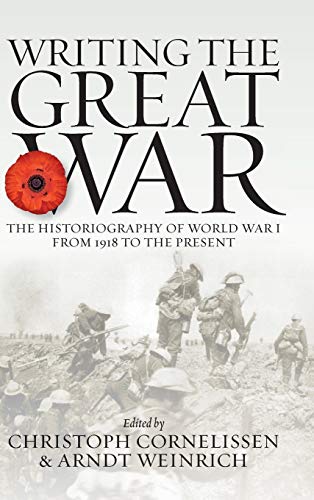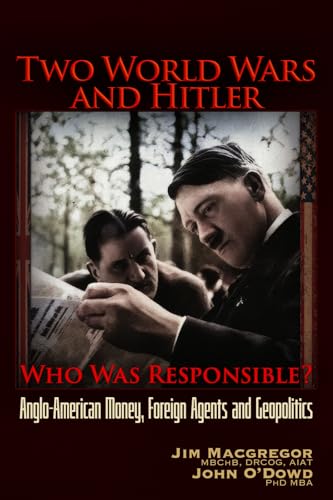
Writing the Great War
by Christoph Cornelissen
"The Historiography of World War I from 1918 to the Present"
Popularity
4.37 / 5
* A book's popularity is determined by how it compares to all other books on this website.
Where to buy?
Buy from Amazon* If you buy this book through the link above, we may receive a small commission at no extra cost to you.
Writing the Great War by Christoph Cornelissen
Details
War:
World War I
Perspective:
Researcher
Biography:
No
Region:
Europe
Page Count:
516
Published Date:
2020
ISBN13:
9781789204544
Description
Brief Summary
Christoph Cornelissen's Writing the Great War offers a comprehensive examination of the historiography surrounding the First World War. It delves into how history has been written and rewritten about this global event, from the aftermath of the Treaty of Versailles through to the centenary in 2018 and beyond. The book assembles insights from leading scholars, exploring various national and regional narratives, and highlights how historical perceptions have evolved amid changing social and cultural contexts. This collective study provides valuable perspectives on the ongoing discourse between memory and history.
Main Themes and Topics
The main themes of Writing the Great War center around the historiographical evolution of the First World War. It scrutinizes the diverse narratives fashioned in different geopolitical contexts, ranging from Nazi Germany to India's anticolonial struggle. As each chapter addresses different national and regional historiographies, the book underscores the rich, often contested, perceptions of the war. The contributors illuminate how those perceptions have been shaped by subsequent social changes and political ideologies, accentuating the dynamic interplay between memory and historical record.
Writing Style and Tone
The writing style in Writing the Great War is scholarly yet accessible, making complex historiographical analyses understandable to a broad audience. Cornelissen and the contributing authors maintain a balanced and analytical tone throughout the book. Each chapter presents a well-researched narrative, contributing to a cohesive understanding of how the interpretations of the First World War have developed over the past century. The use of clear, methodical prose allows readers to engage deeply with the material, providing insights into both specific national histories and broader international trends.









